Intro
Pinworms are a common problem that affects many children worldwide. These tiny, parasitic worms can cause discomfort, itching, and other symptoms that can be distressing for kids and their parents. It's essential to understand the importance of proper pinworm treatment for kids to prevent complications and promote healthy living. Pinworm infections can spread quickly, especially in schools and daycare centers, making it crucial to take proactive measures to prevent and treat these infections. In this article, we will delve into the world of pinworms, exploring their causes, symptoms, and treatment options, as well as providing valuable tips on how to prevent future infections.
The impact of pinworms on children's health and well-being cannot be overstated. Pinworm infections can lead to sleep disturbances, behavioral problems, and decreased academic performance. Moreover, if left untreated, pinworms can cause more severe health issues, such as intestinal blockages, appendicitis, and even respiratory problems. Therefore, it's vital to recognize the signs and symptoms of pinworm infections and seek medical attention promptly. By understanding the causes and consequences of pinworm infections, parents and caregivers can take the necessary steps to protect their children and prevent the spread of these parasites.
Pinworm infections are highly contagious, and children can contract them through various means, including contact with contaminated food, water, or surfaces. The eggs of the pinworm can survive on surfaces for up to two weeks, making it easy for kids to pick them up and ingest them unknowingly. Once inside the body, the eggs hatch, and the worms mature, causing a range of symptoms, including intense itching around the anus, restless sleep, and irritability. To combat pinworm infections effectively, it's essential to adopt a comprehensive approach that includes medication, hygiene practices, and lifestyle changes.
Understanding Pinworms
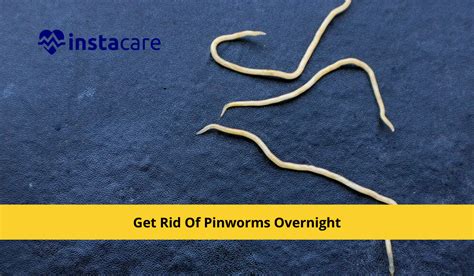
Symptoms of Pinworm Infections
The symptoms of pinworm infections can vary from child to child, but common signs include: * Intense itching around the anus, especially at night * Restless sleep and irritability * Weight loss and decreased appetite * Abdominal pain and nausea * Vaginal itching and discharge in girls It's essential to recognize these symptoms and seek medical attention if you suspect your child has a pinworm infection.Diagnosing Pinworm Infections
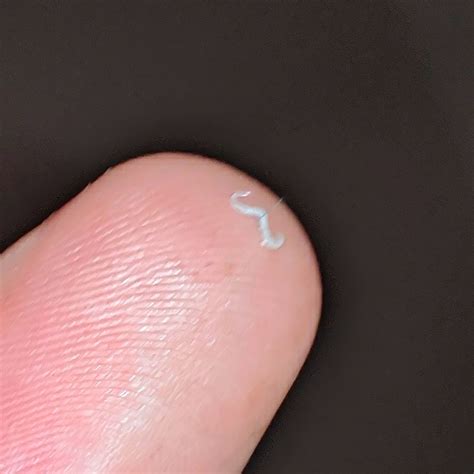
Treatment Options for Pinworm Infections
The treatment for pinworm infections typically involves medication, hygiene practices, and lifestyle changes. The goal of treatment is to eliminate the pinworms and prevent re-infection. Common treatment options include: * Medications: The doctor may prescribe anti-parasitic medications, such as albendazole or mebendazole, to kill the pinworms. * Hygiene practices: It's essential to practice good hygiene, such as washing hands frequently, especially after using the bathroom, and keeping the anus and surrounding area clean. * Lifestyle changes: Parents and caregivers should encourage children to avoid scratching the affected area, as this can lead to further infection and discomfort.Preventing Pinworm Infections
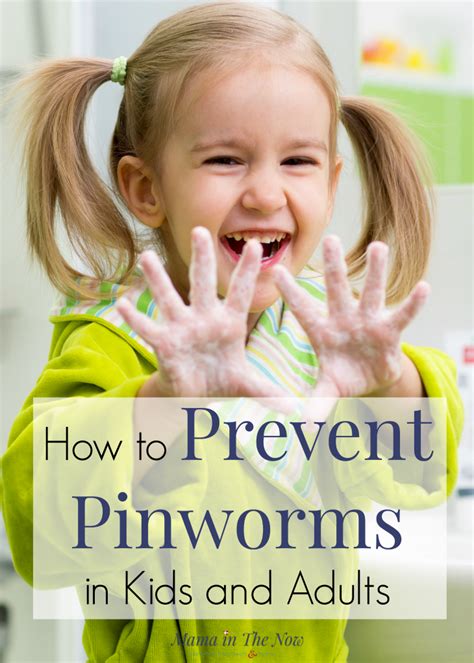
Home Remedies for Pinworm Infections
While medication is the most effective way to treat pinworm infections, there are some home remedies that can help alleviate symptoms and prevent re-infection. These include: * Garlic: Garlic has natural anti-parasitic properties that can help kill pinworms. * Coconut oil: Coconut oil has anti-inflammatory properties that can help soothe the affected area and reduce itching. * Probiotics: Probiotics can help maintain a healthy gut and prevent the growth of pinworms.Complications of Pinworm Infections
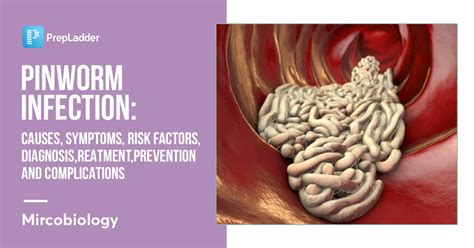
Pinworm Treatment for Kids: What to Expect
When treating pinworm infections in kids, it's essential to work closely with a healthcare provider to ensure the best possible outcome. The treatment process typically involves: * Medication: The healthcare provider will prescribe medication to kill the pinworms. * Follow-up appointments: The healthcare provider will schedule follow-up appointments to monitor the child's progress and ensure the infection has been fully treated. * Hygiene practices: The healthcare provider will educate parents and caregivers on good hygiene practices to prevent re-infection.Pinworm Prevention in Schools and Daycare Centers
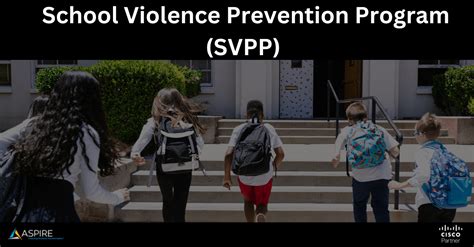
Pinworm Treatment for Kids: Frequently Asked Questions
Here are some frequently asked questions about pinworm treatment for kids: * Q: How long does it take to treat a pinworm infection? A: The treatment process typically takes 1-2 weeks, but it's essential to follow the healthcare provider's instructions and attend follow-up appointments to ensure the infection has been fully treated. * Q: Can pinworm infections be prevented? A: Yes, pinworm infections can be prevented by practicing good hygiene, keeping the environment clean, and avoiding sharing personal items. * Q: What are the complications of pinworm infections? A: If left untreated, pinworm infections can lead to complications, such as intestinal blockages, appendicitis, and respiratory problems.What are the symptoms of pinworm infections in kids?
+The symptoms of pinworm infections in kids include intense itching around the anus, restless sleep, and irritability. Other symptoms may include weight loss, decreased appetite, and abdominal pain.
How are pinworm infections diagnosed in kids?
+Pinworm infections are diagnosed through a physical examination, stool test, or tape test. The healthcare provider may also ask about the child's symptoms and medical history.
What is the treatment for pinworm infections in kids?
+The treatment for pinworm infections in kids typically involves medication, hygiene practices, and lifestyle changes. The healthcare provider may prescribe anti-parasitic medication and educate parents and caregivers on good hygiene practices to prevent re-infection.
In conclusion, pinworm treatment for kids requires a comprehensive approach that includes medication, hygiene practices, and lifestyle changes. By understanding the causes and symptoms of pinworm infections, parents and caregivers can take proactive measures to prevent and treat these infections. If you suspect your child has a pinworm infection, it's essential to seek medical attention promptly to prevent complications and promote healthy living. We invite you to share your experiences and tips on preventing and treating pinworm infections in the comments section below. Together, we can help create a healthier and happier community for our children.
